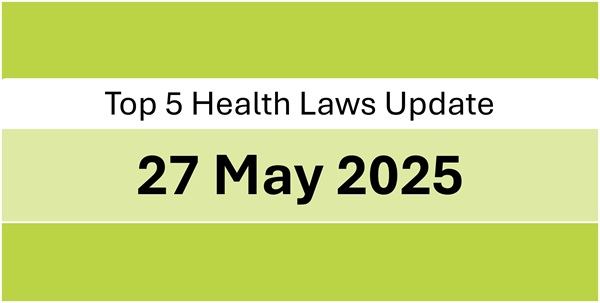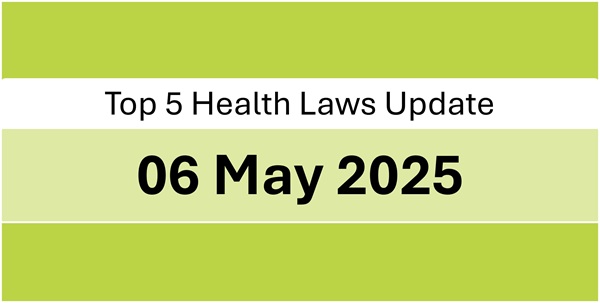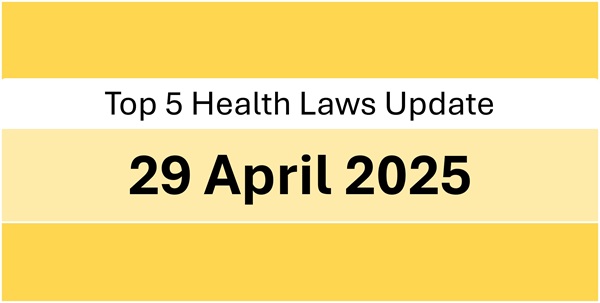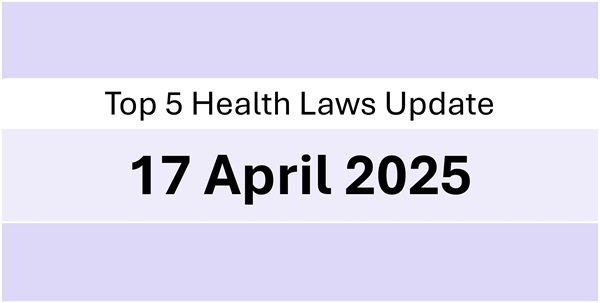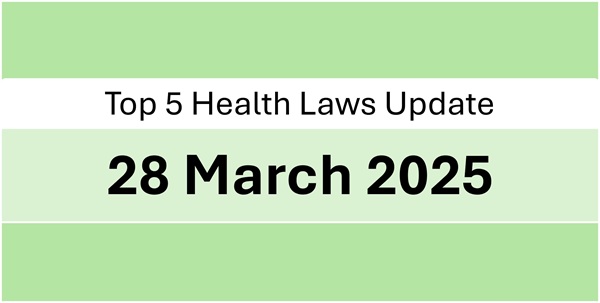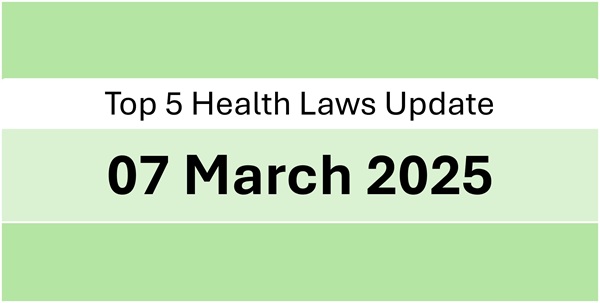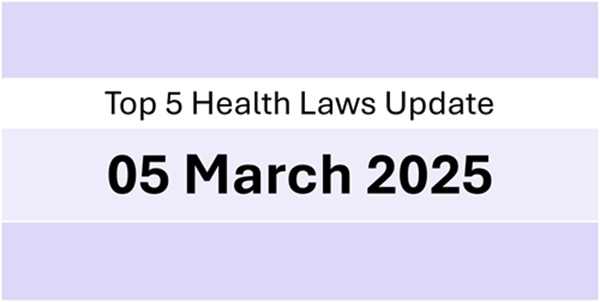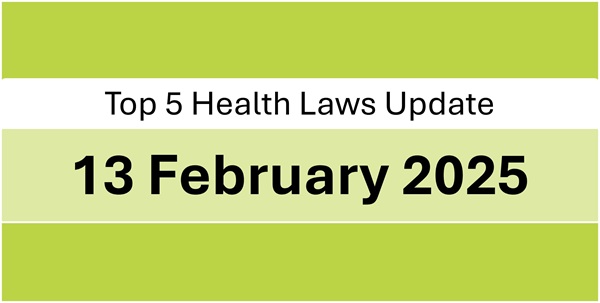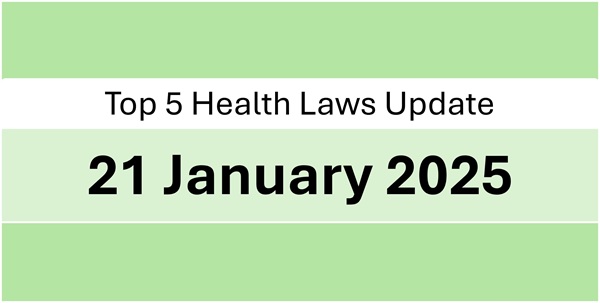Dear Readers, we are happy to share the most interesting legal and policy updates concerning health industry that we read today. we hope you enjoy reading it.
1. The Food Safety and Standards Authority of India has released new guidelines permitting the use of recycled polyethylene terephthalate in food packaging. Only recycling technologies that effectively remove contaminants are approved. Manufacturers must conduct safety tests, follow labelling norms, maintain traceability, and undergo audits to ensure food-grade quality and compliance.
Source: bit.ly/43NdGFB
2. The Government of India has reportedly removed port restrictions and Central Leather Research Institute testing for leather exports, helping MSMEs cut costs and delays. Exporters can now ship from any port, boosting efficiency and competitiveness, especially in key markets like the US.
Source: bit.ly/43LV20N
3. Neurologists have reportedly urged for the inclusion of multiple sclerosis (MS) in the National Health Mission, Rare Disease Policy, and Ayushman Bharat. They seek better access to treatment, insurance coverage, updated disability laws, and mental health support for patients.
Source: bit.ly/3Z273N2
4. The Consumer Affairs Ministry to meet key E-commerce companies to combat dark patterns that mislead consumers on May 28, 2025 in Delhi. Major platforms, law universities, and consumer groups to participate, the meeting will also focus on compliance measures and feature discussions on consumer rights protection and industry best practices.
Source: bit.ly/4kI24cR
5. India is urging the U.S. to ease import rules and speed up Phytosanitary approvals for its fruits and vegetables, aiming for broader market access. This move seeks to boost Indian agricultural exports and balance bilateral trade relations.
Source: bit.ly/43CSNM9

